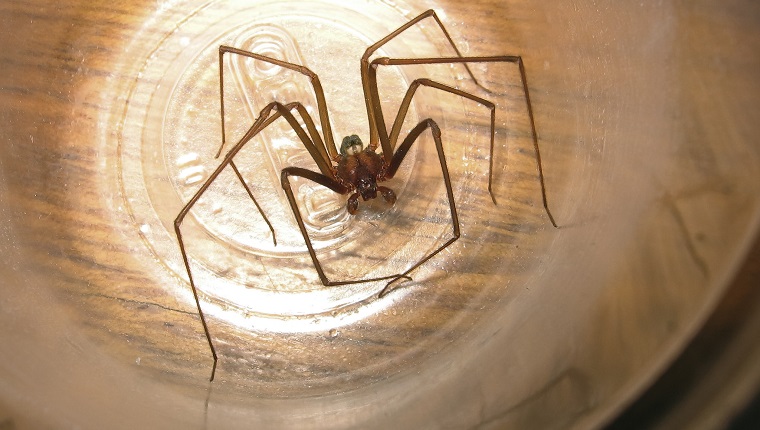Brown recluse spider bite poisoning in dogs can happen when one of these spiders bites and injects its venom into the wound. The poisoning can bring on a range of symptoms, and it can even prove fatal.
Brown recluses, also known as violin spiders or fiddle-back spiders, most commonly live in the Midwest of the US and are most active during the…




